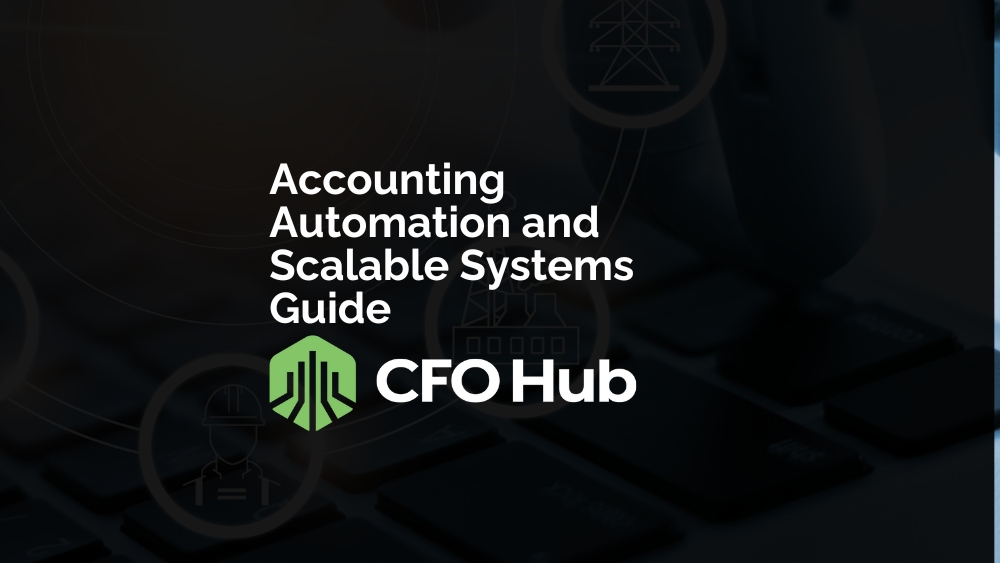The Evolution of Accounting Technology
Traditional accounting methods that rely on spreadsheets and manual data entry create bottlenecks that limit business growth. Companies spending excessive time on routine financial tasks miss opportunities to focus on strategic initiatives that generate revenue and competitive advantages.
Automated accounting systems have evolved from simple bookkeeping software to sophisticated platforms that integrate with multiple business applications, process transactions automatically, and generate comprehensive financial reports with minimal human intervention.
Core Benefits of Accounting Automation
Enhanced Accuracy and Error Reduction
Manual data entry inevitably leads to human errors that can cascade through financial statements, creating compliance issues and distorted business insights. Automated systems eliminate these risks by processing transactions directly from source systems without manual intervention.
Automated reconciliation processes identify discrepancies immediately, allowing accounting teams to address issues before they impact financial reporting. This real-time error detection significantly improves the reliability of financial data.
Time Savings and Resource Optimization
Automation dramatically reduces the time required for routine accounting tasks such as invoice processing, expense reporting, and financial statement preparation. Staff can redirect their efforts toward analysis, planning, and strategic financial management activities.
Companies typically experience 60-80% reduction in time spent on manual accounting tasks after implementing comprehensive automation solutions, according to research from McKinsey & Company.
Real-Time Financial Visibility
Automated systems provide continuous updates to financial data, enabling business leaders to access current information whenever needed. This real-time visibility supports faster decision-making and helps identify trends or issues before they become significant problems.
Dashboards and automated reporting features deliver key performance indicators and financial metrics without waiting for month-end closing processes.
Essential Components of Scalable Accounting Systems
Cloud-Based Infrastructure
Cloud-based accounting platforms offer superior scalability compared to on-premise solutions. These systems automatically adjust to handle increased transaction volumes, additional users, and expanded functionality without requiring hardware upgrades or complex installations.
Cloud infrastructure also ensures data security, automatic backups, and seamless access from multiple locations, supporting remote work arrangements and business continuity planning.
Integration Capabilities
Scalable accounting systems must integrate seamlessly with existing business applications including customer relationship management (CRM) systems, inventory management platforms, payroll services, and banking institutions.
These integrations eliminate duplicate data entry, ensure consistency across systems, and provide comprehensive views of business operations that support better strategic planning.
Customizable Workflows and Approval Processes
Automation systems should accommodate unique business processes and approval hierarchies without requiring extensive customization or programming. Flexible workflow engines allow companies to define approval routes, set spending limits, and establish control procedures that match their organizational structure.
Key Automation Features to Prioritize
Accounts Payable Automation
Automated accounts payable processing captures invoice data, matches purchase orders, routes approvals according to predefined rules, and schedules payments automatically. This process reduces processing costs, improves vendor relationships through timely payments, and provides better cash flow control.
Expense Management Automation
Automated expense management systems allow employees to capture receipts using mobile applications, automatically categorize expenses, and submit reports that route through approval workflows without manual intervention. Integration with corporate credit cards further reduces manual data entry.
Financial Reporting and Analytics
Automated reporting generates financial statements, management reports, and regulatory filings on predetermined schedules. Advanced analytics capabilities identify trends, anomalies, and opportunities that might otherwise go unnoticed.
Implementation Strategy for Maximum Success
Assessment and Planning Phase
Begin by documenting current accounting processes, identifying pain points, and quantifying the time spent on manual tasks. This baseline assessment helps prioritize automation opportunities and measure improvement after implementation.
Engage stakeholders from accounting, operations, and IT departments to ensure the selected solution meets all requirements and integrates properly with existing systems.
Phased Rollout Approach
Implement automation in phases rather than attempting to automate all processes simultaneously. Start with high-volume, routine tasks that offer immediate benefits and build confidence in the system before tackling more complex processes.
This approach reduces risk, allows for learning and adjustment, and maintains business continuity during the transition period.
Training and Change Management
Successful automation requires comprehensive training programs that help staff understand new processes and technologies. Focus on demonstrating how automation enhances their roles rather than replacing them, emphasizing opportunities for more strategic and analytical work.
Measuring Return on Investment
Track key metrics that demonstrate the value of accounting automation including processing time reduction, error rates, compliance improvements, and cost savings. Most companies achieve positive ROI within 12-18 months of implementation through reduced labor costs and improved accuracy.
Consider both quantitative benefits such as time savings and qualitative improvements like enhanced job satisfaction, better work-life balance, and increased strategic focus for accounting staff.
Future-Proofing Your Accounting Systems
Select automation platforms that incorporate artificial intelligence and machine learning capabilities to continuously improve processing accuracy and efficiency. These advanced features learn from transaction patterns and user behavior to optimize workflows automatically.
Regular system updates and vendor partnerships ensure your automation solution evolves with changing business needs and regulatory requirements.
Transform Your Accounting Operations Today
Implementing accounting automation and scalable systems requires careful planning, technical expertise, and ongoing support to achieve maximum benefits. Many businesses struggle with system selection, integration challenges, and change management without professional guidance.
CFO Hub specializes in helping companies implement modern accounting solutions that drive efficiency and growth. Our team provides comprehensive financial system consulting and ongoing fractional CFO support to ensure your automation initiatives deliver expected results.
Ready to revolutionize your accounting operations? Contact CFO Hub for a free consultation to discover how our expertise can help you implement scalable accounting automation that transforms your financial processes. Reach out today to schedule your consultation and take the first step toward more efficient, accurate, and strategic financial management.
Jack Perkins, CPA founded CFO Hub to provide strategic finance and accounting services to enterprises of all sizes. Prior to founding CFO Hub, Jack served as the CFO and Controller of rapidly growing enterprises in California. Jack's written content has been featured in Forbes, Entrepreneur, and several other notable publications.
Visit Jack's Expert Hub to learn more about his experience and read more of his editorial content

